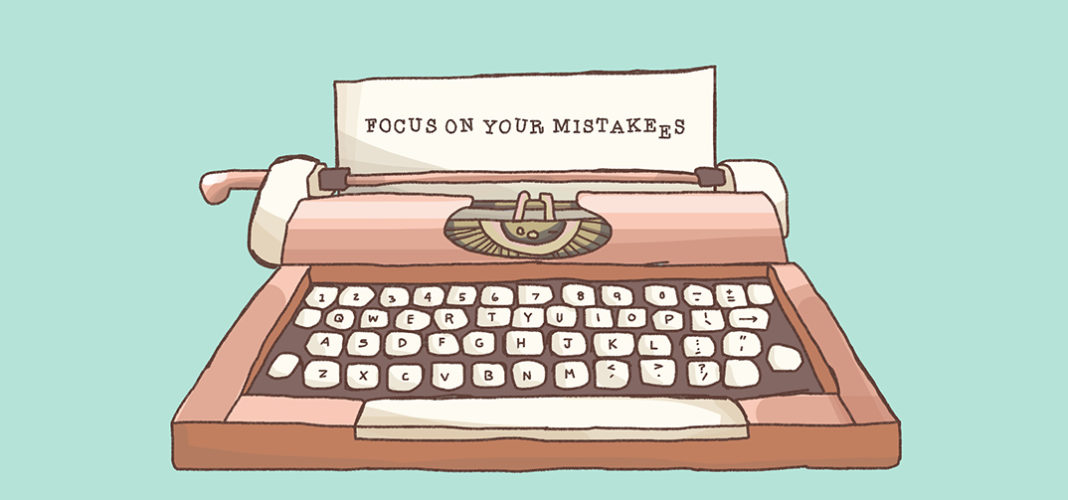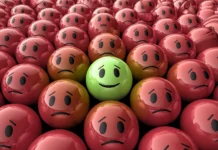For many of us, rationalizing what went wrong in the wake of a failure or disappointment is a common response. It protects us from dealing with unpleasant emotions and feeling badly about ourselves. A student gets a C on a paper and dismisses the bad grade as not mattering that much. An employee receives negative feedback on a presentation and blames the client and convinces themselves they will do better next time. These self-protective measures enable us to get over the disappointment and to move on.
According to new research, we may be getting it all wrong. In fact, the best way to learn from a setback may be to feel the pain. In the study entitled, Emotions Know Best: The Advantage of Emotional versus Cognitive Responses to Failure, participants were asked to complete a simple task. If they succeeded, they were told they could win a cash prize. One group was told to imagine focusing on their emotional response to winning or losing. The other half was instructed to take a more cognitive approach and to focus on their thoughts about winning or losing. The task was rigged so that they all failed. Both groups were then asked to complete a second task. The group that had been asked to embrace their negative emotions exerted 25% more effort than the other group. The researchers believe that reflecting on the failure and the accompanying unpleasant feelings enabled them to learn from their mistakes.
It’s counterintuitive and defies conventional wisdom. From childhood, we are told not to dwell on mistakes and to move on but as the study shows, leapfrogging over messy unhappy feelings may not be the best strategy. If we want to learn from our mistakes at school, at work and in relationships, we need to lean into them.
This article originally appeared in the March 2018 issue of Marie Claire Magazine.
I wish you all the best,
Dr. Samantha Boardman






